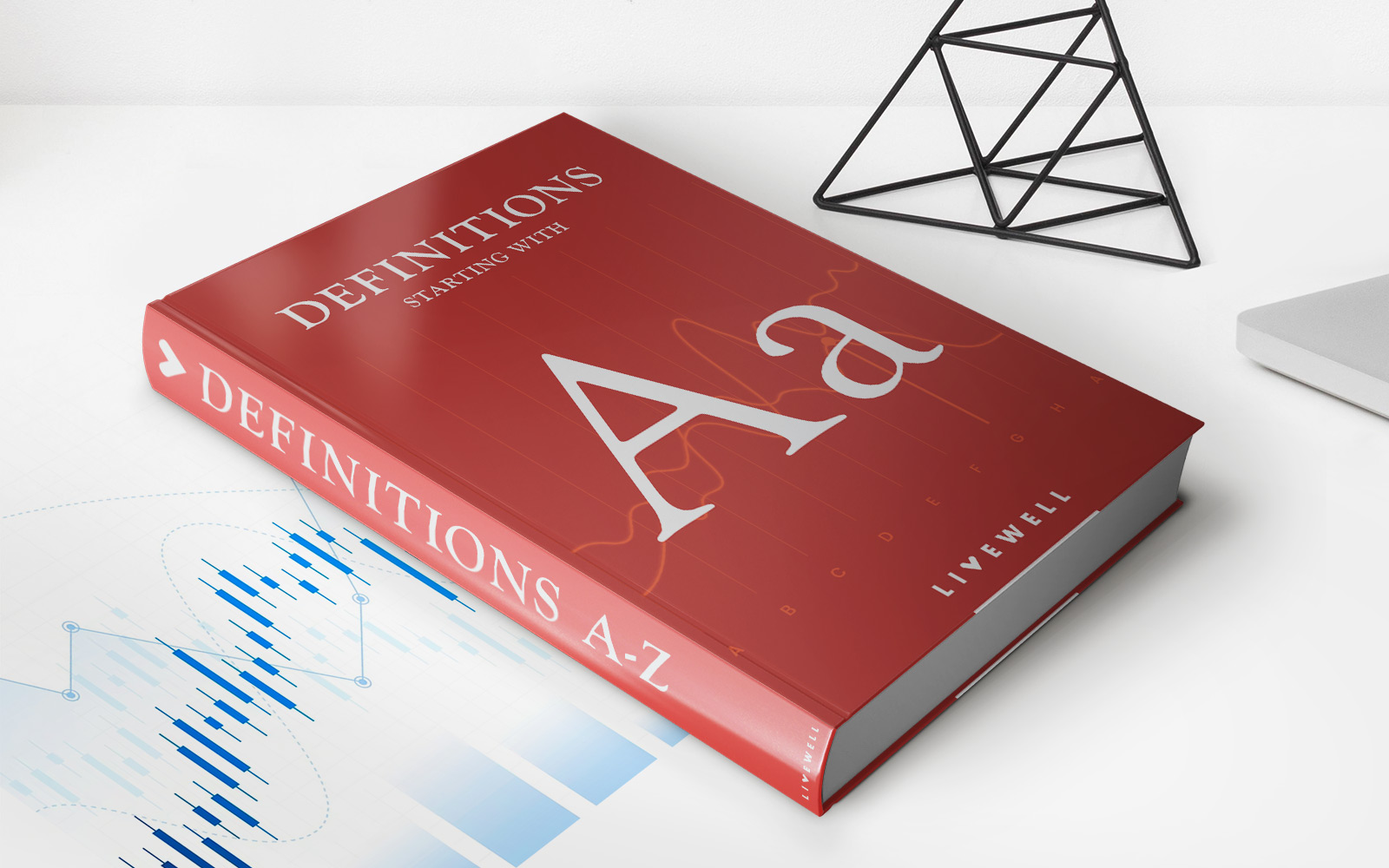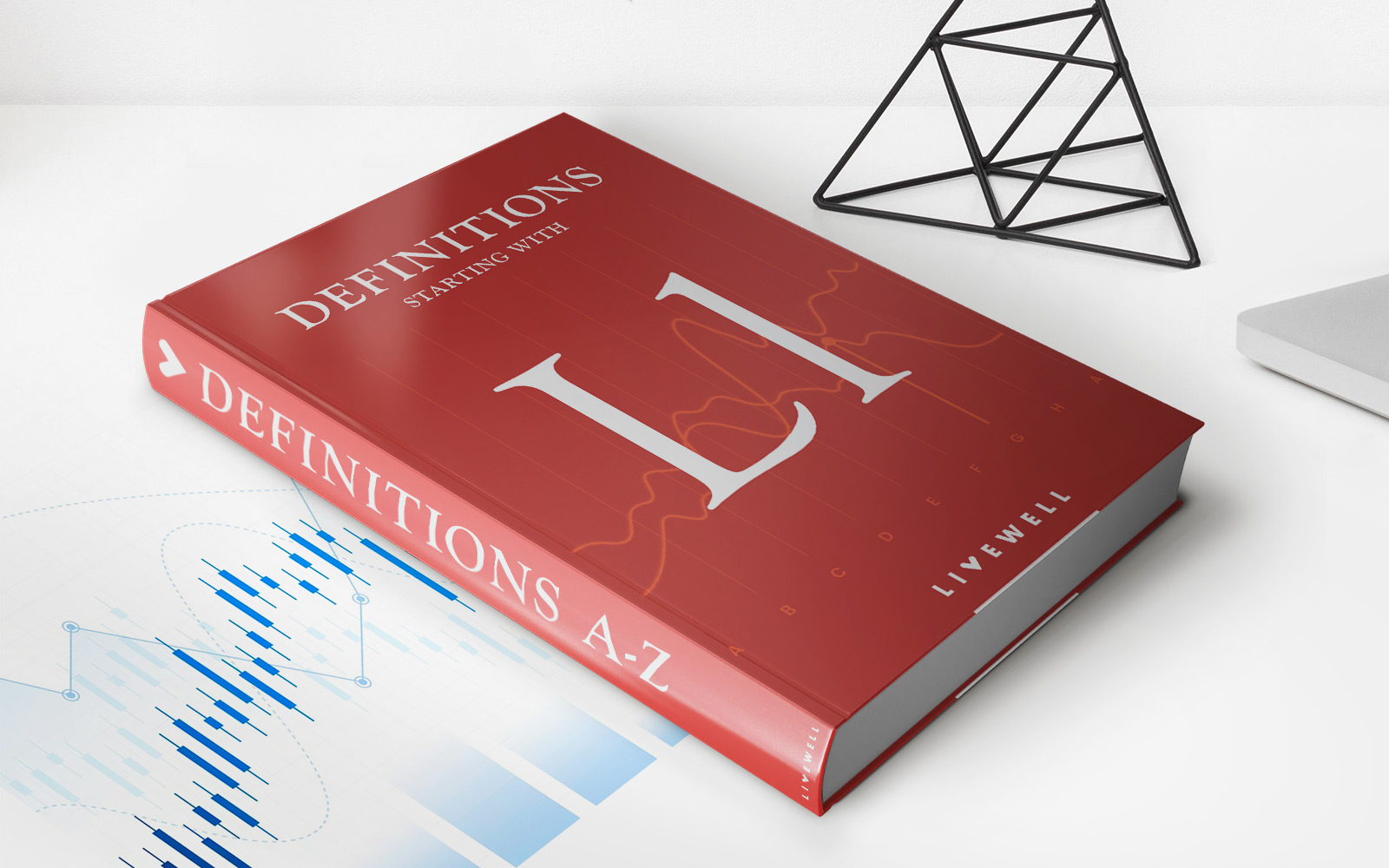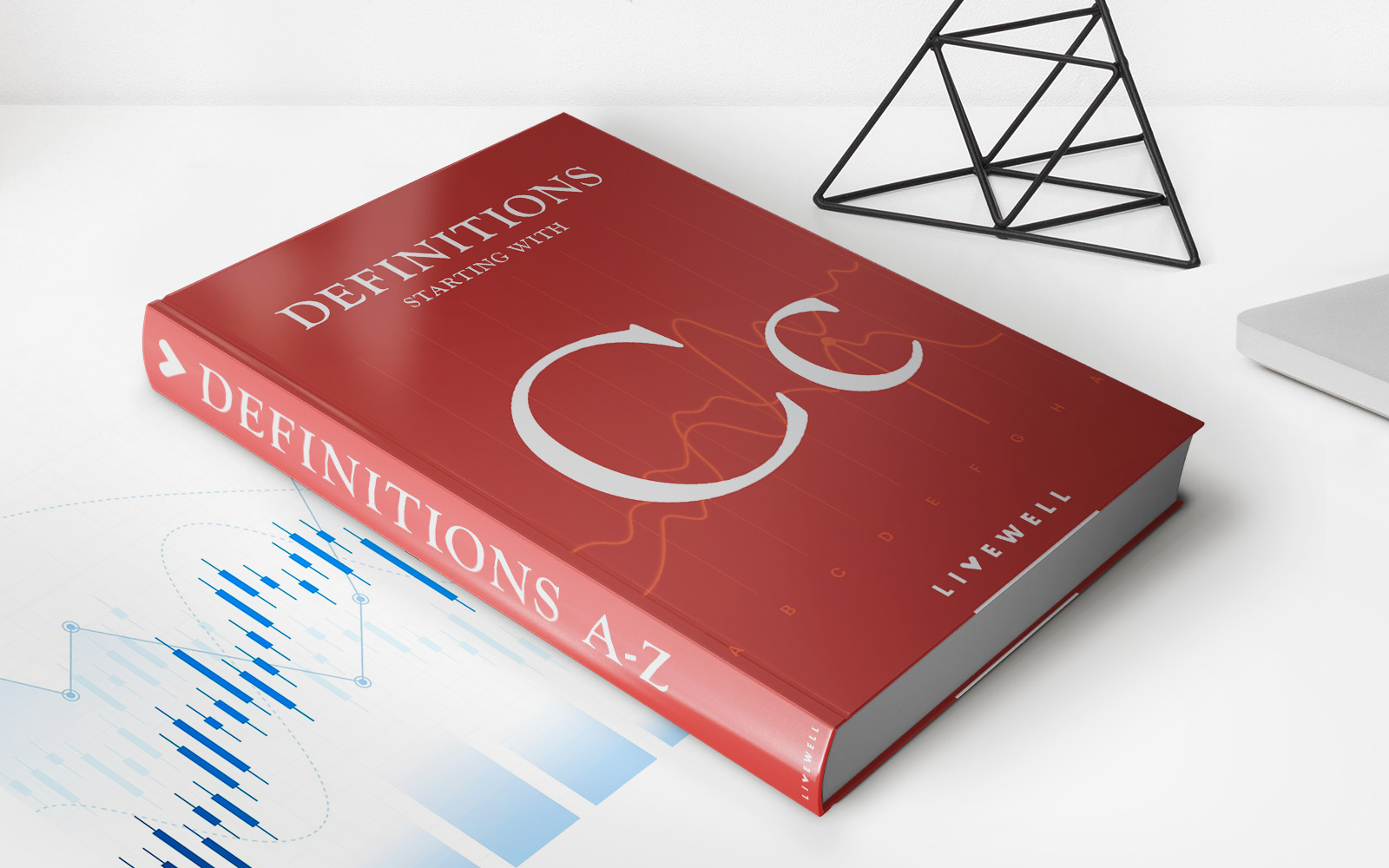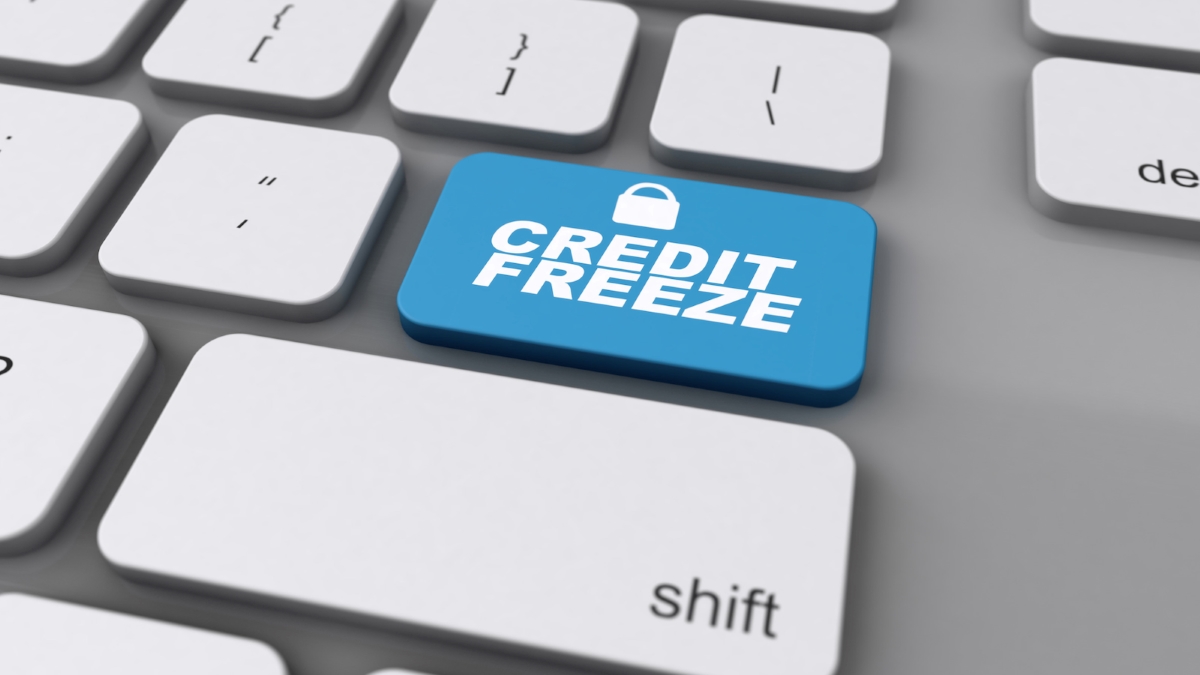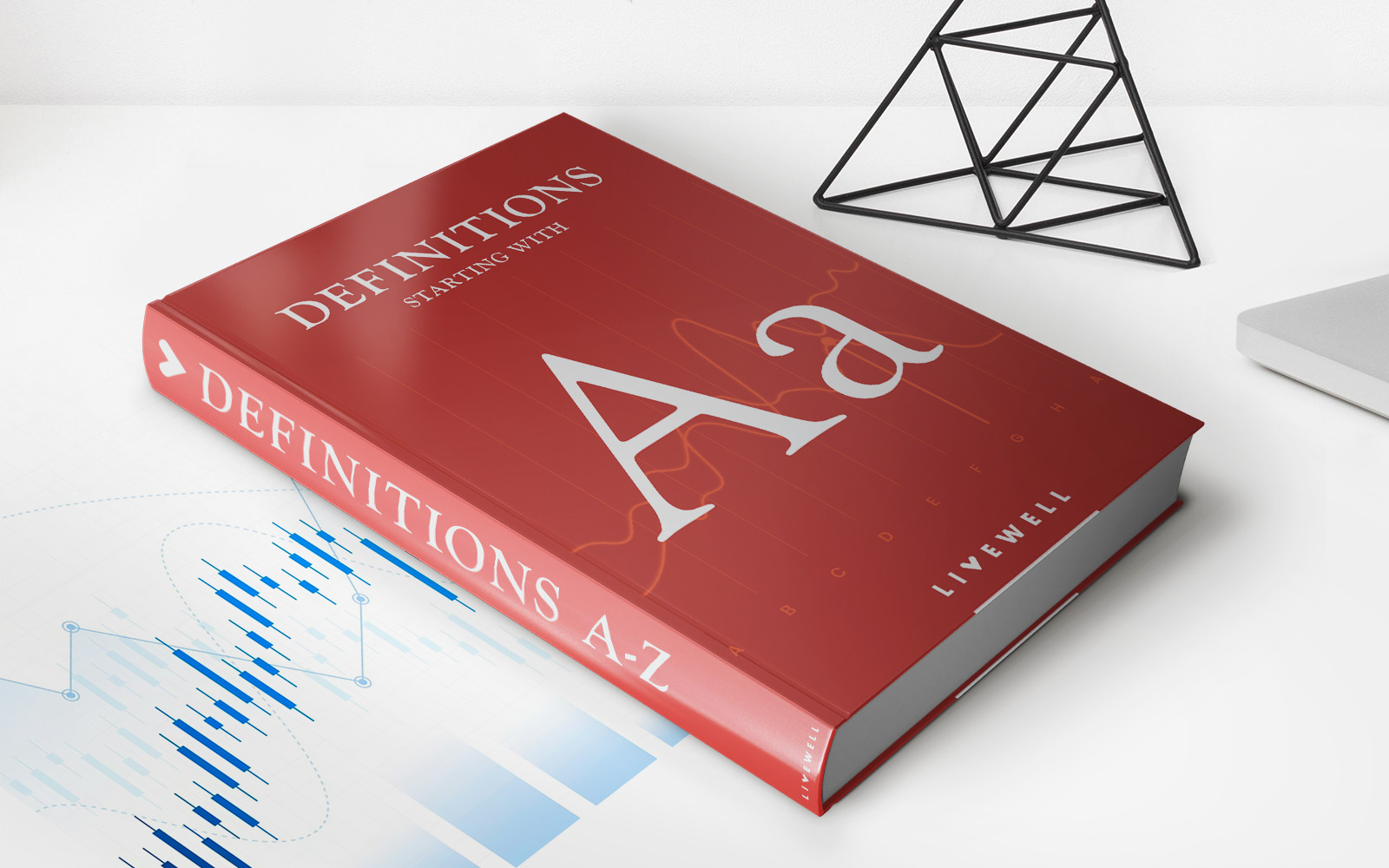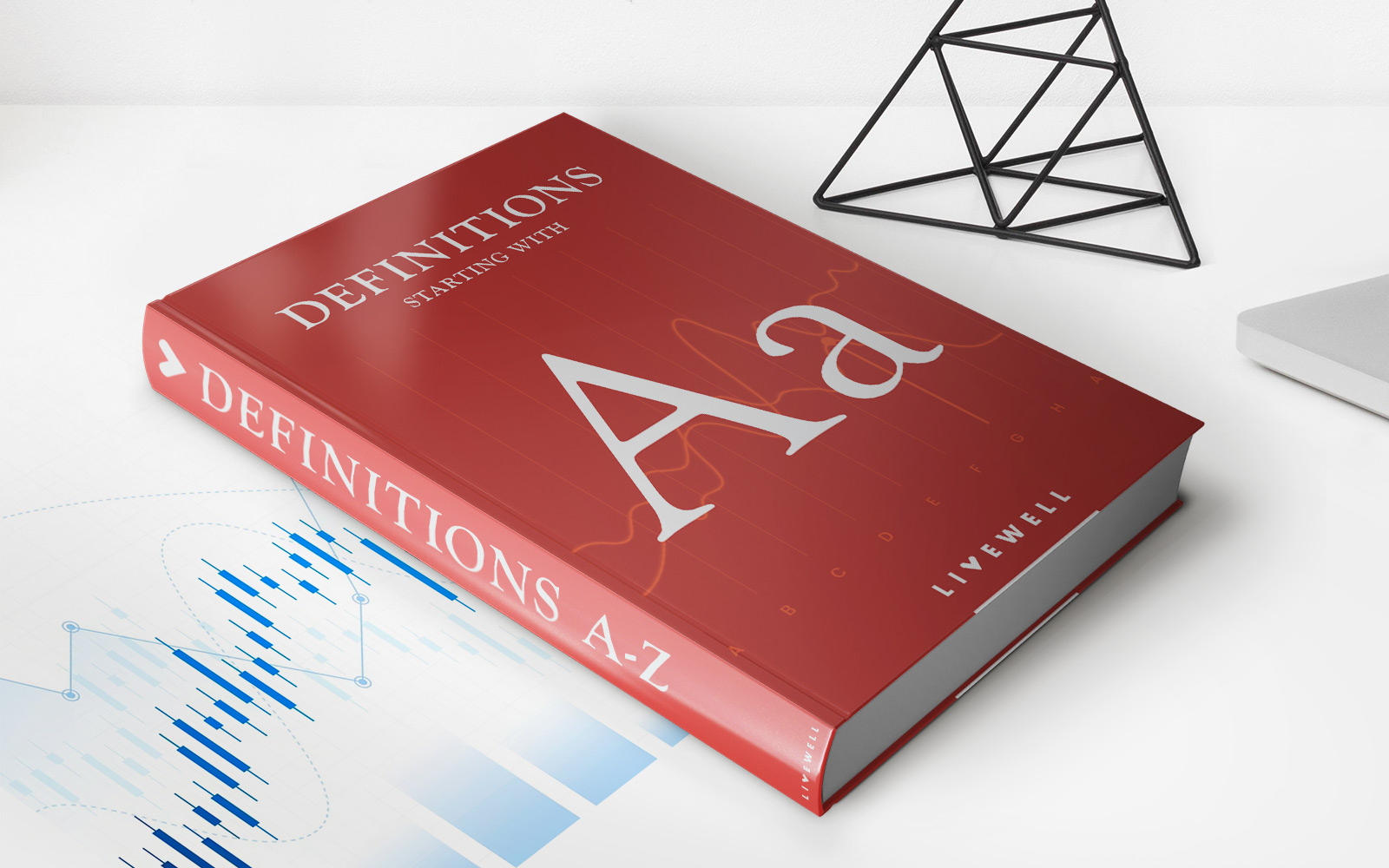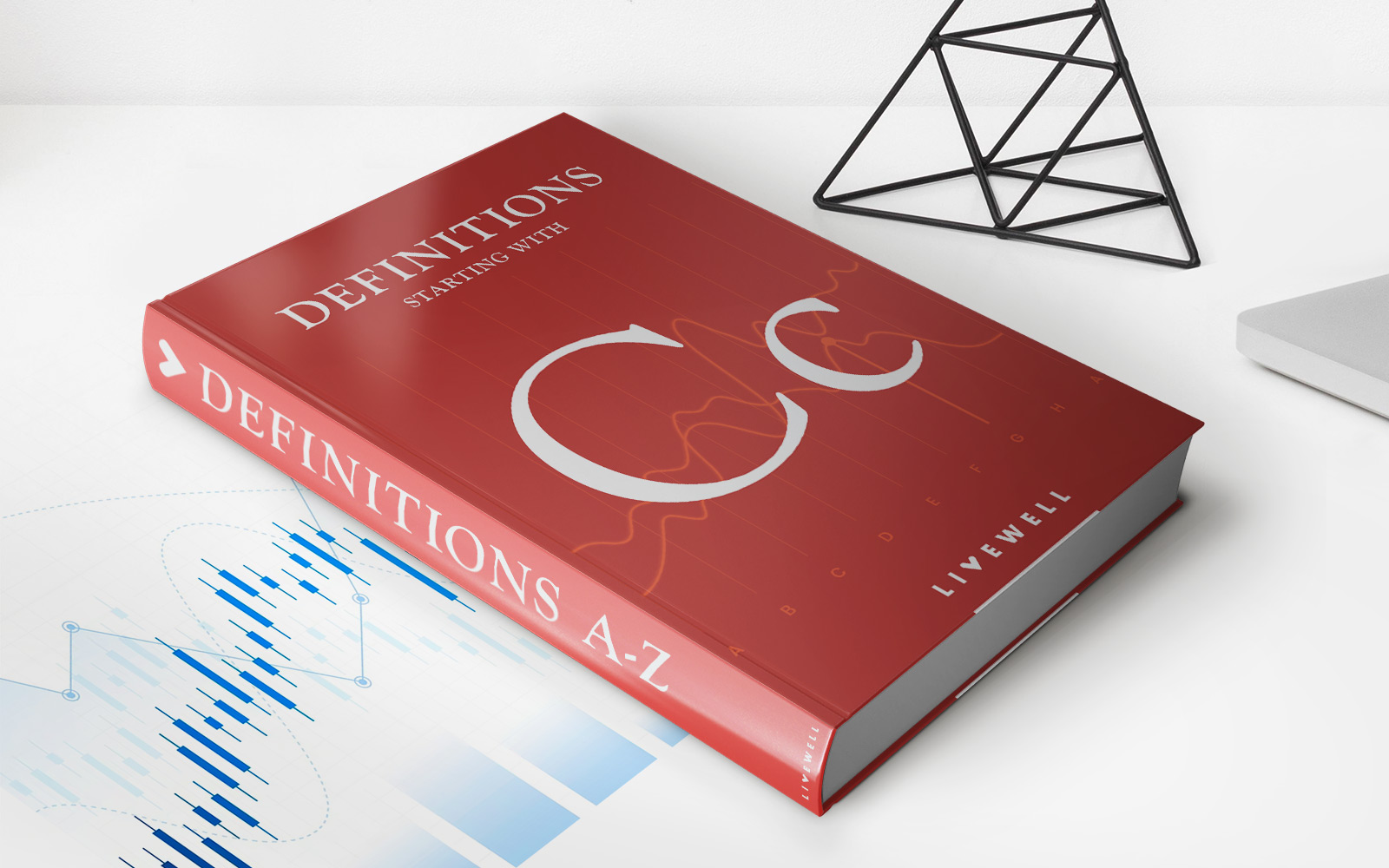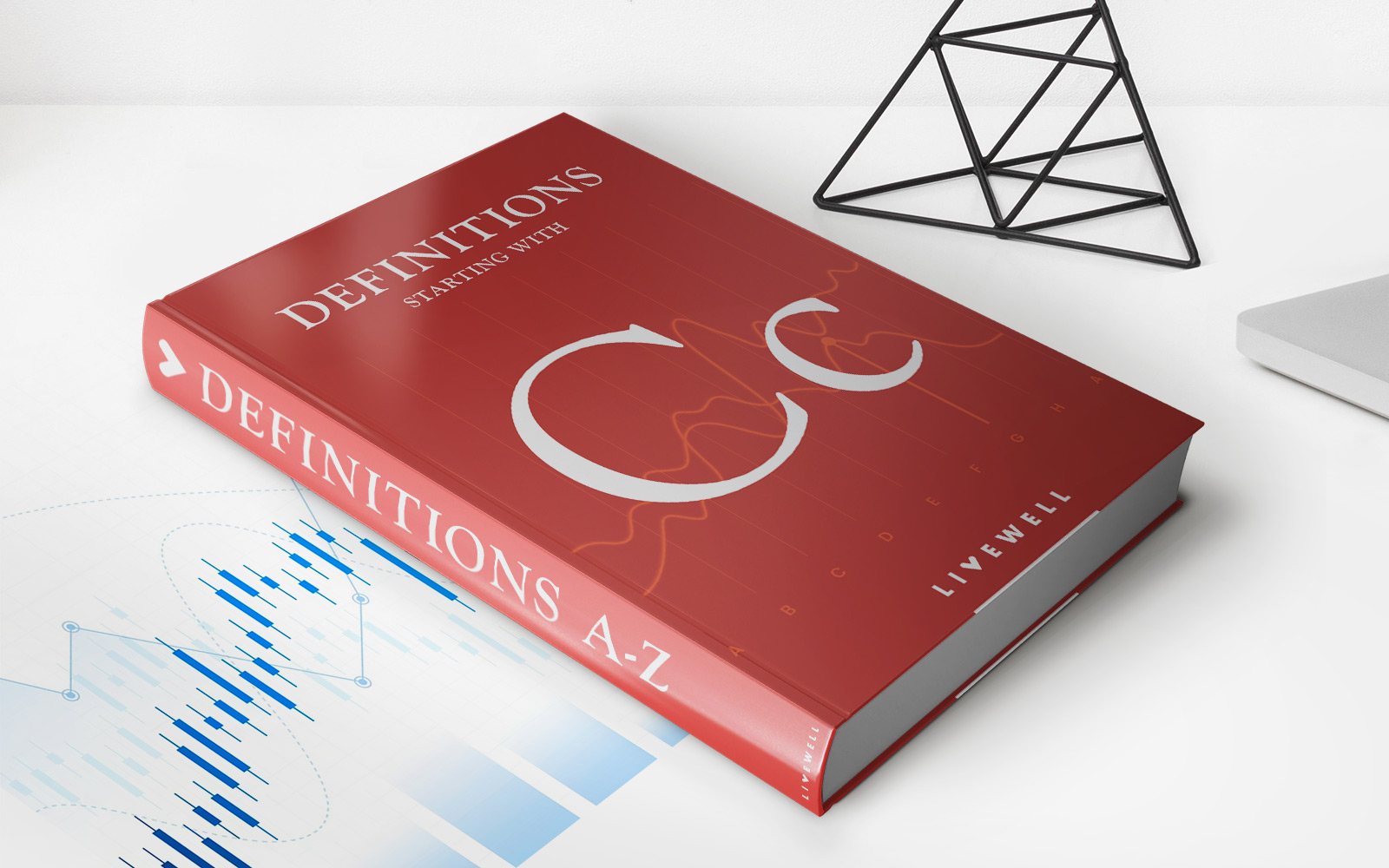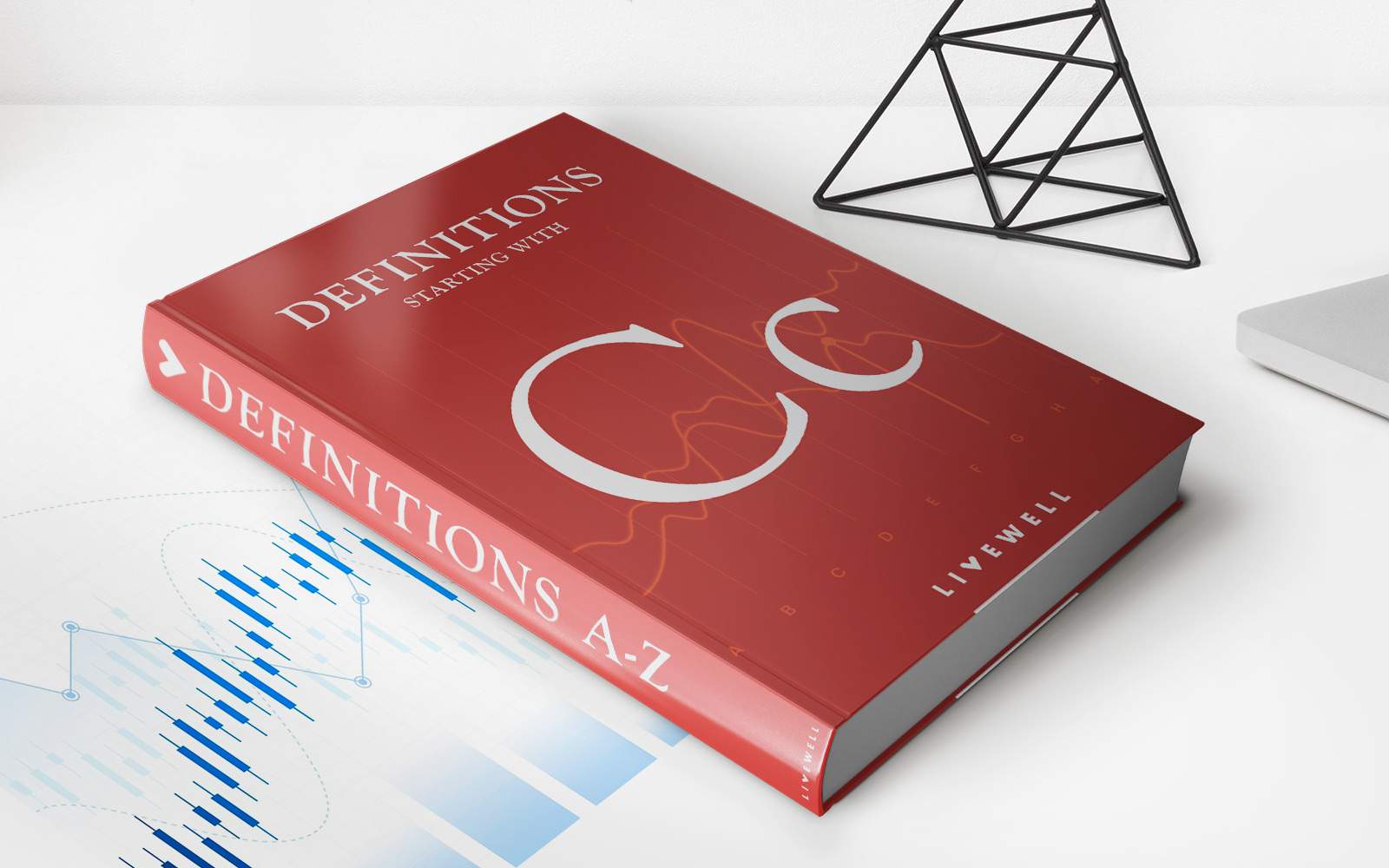

Finance
Credit Freeze Definition
Modified: March 6, 2024
"Learn about the definition of credit freeze in finance and how it can protect your financial information from unauthorized access."
(Many of the links in this article redirect to a specific reviewed product. Your purchase of these products through affiliate links helps to generate commission for LiveWell, at no extra cost. Learn more)
Understanding Credit Freeze: What Does It Mean and How Does It Work?
When it comes to securing your financial well-being, one term that you may have come across is “credit freeze”. But what exactly does it mean? In simple terms, a credit freeze is a proactive measure that individuals can take to restrict access to their credit report. This can help protect against identity theft and unauthorized access to your credit information. In this post, we will take a closer look at the concept of credit freeze and how it works.
Key Takeaways:
- A credit freeze is a preventive measure to safeguard your credit report.
- It restricts access to your credit information, helping you prevent identity theft.
How Does a Credit Freeze Work?
Before we delve into how a credit freeze works, let’s first understand the basics. Your credit report contains important information, such as your credit history, outstanding debts, and personal information. This information is typically accessed by lenders, creditors, or other authorized entities when you apply for credit or loans.
When you initiate a credit freeze, you inform the credit reporting agencies (Equifax, Experian, and TransUnion) that you want to restrict access to your credit information. As a result, these agencies are required by law to prevent new creditors from accessing your credit report without your consent. This means that anyone attempting to open new accounts or obtain credit in your name will likely be denied access due to the credit freeze.
A credit freeze does not impact your existing accounts or credit relationships. You can continue to use your credit cards, make payments, and access your existing credit. It only restricts access to your credit report to prevent unauthorized attempts to open new lines of credit in your name.
It’s important to note that initiating a credit freeze does not impact your credit score. Your credit score is calculated based on your credit behaviors, such as payment history, credit utilization, and length of credit history. A credit freeze solely limits access to your credit report and does not impact the factors that determine your credit score.
Why Consider a Credit Freeze?
Now that you understand the basics of a credit freeze and how it works, you may be wondering why you should consider it for your financial security. Here are a few compelling reasons:
- Protection against identity theft: By restricting access to your credit report, a credit freeze adds an extra layer of protection against identity theft. Even if someone gets hold of your personal information, they won’t be able to open new accounts or obtain credit in your name without your consent.
- Peace of mind: Knowing that your credit information is safeguarded can provide you with peace of mind. You can focus on your financial goals without constantly worrying about potential identity theft or unauthorized access to your credit.
- Control over your credit access: With a credit freeze in place, you have control over who can access your credit report. If you need to apply for credit or loans yourself, you can temporarily lift the freeze to allow access and then reinstate it later.
In conclusion, a credit freeze is a powerful tool that allows you to take control of your credit information. It restricts access to your credit report, reducing the risk of identity theft and providing you with peace of mind. Consider taking this proactive step to ensure the security of your financial future.

